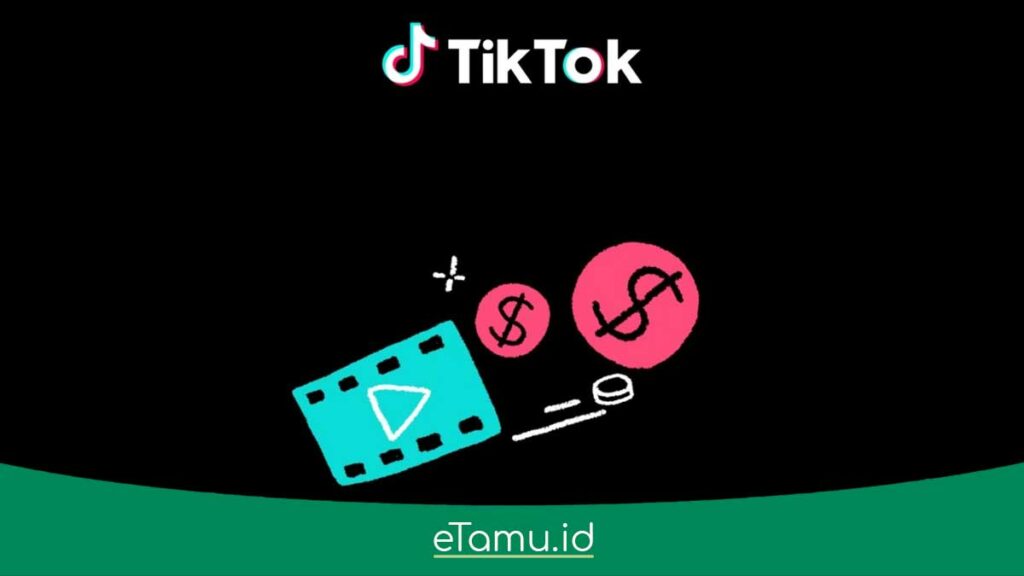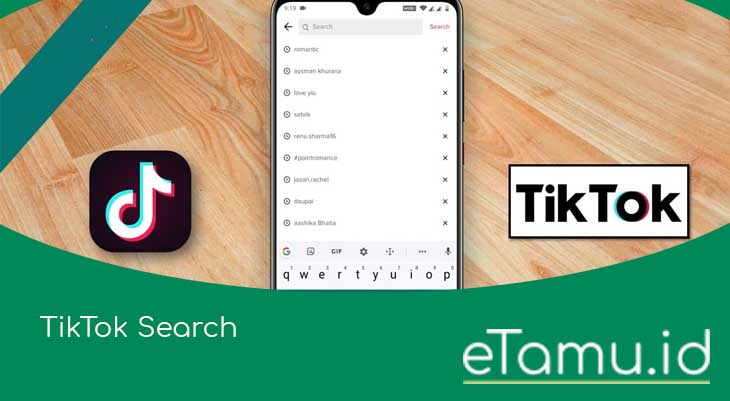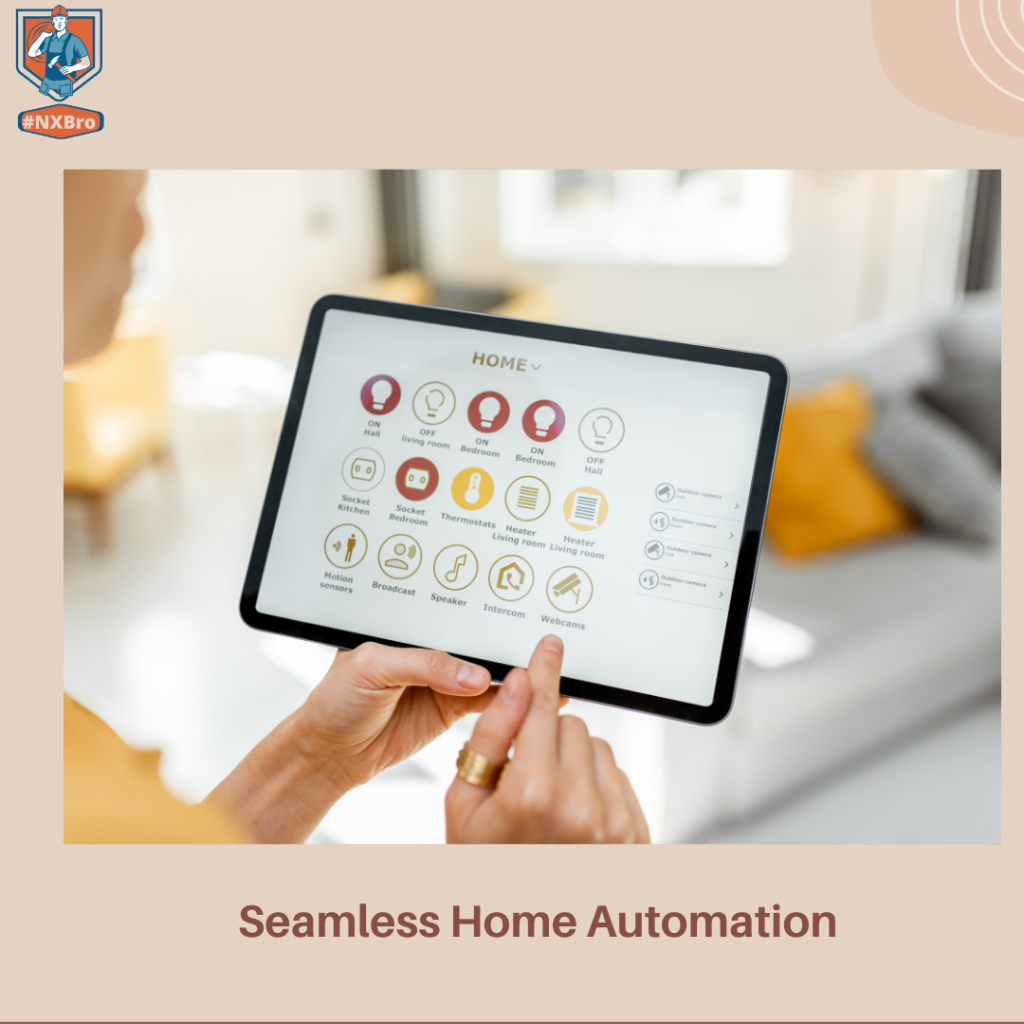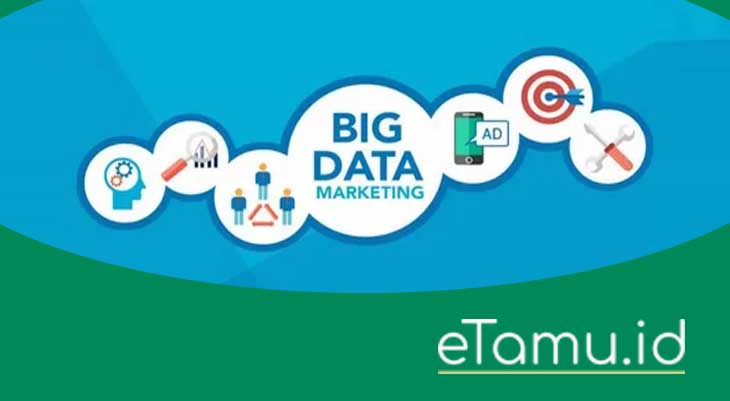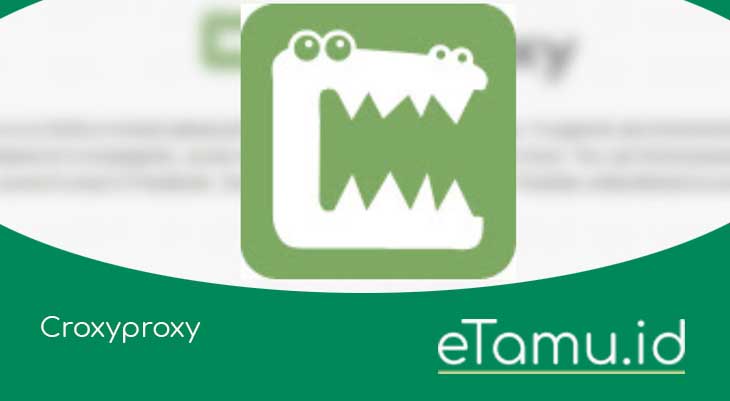Monetization strategies for a successful booking application are multifaceted, requiring a nuanced approach balancing user experience with revenue generation. This exploration delves into diverse methods, from in-app purchases and subscriptions to commission models and affiliate marketing, highlighting the critical role of data analytics in optimizing each strategy for maximum impact and sustainable growth. Understanding the intricacies of each approach is key to building a robust and profitable booking platform.
Successfully navigating the landscape of app monetization necessitates a thorough understanding of user behavior and market dynamics. This involves carefully considering the value proposition of premium features, the fairness of commission structures, and the effectiveness of various advertising and marketing strategies. The ultimate goal is to create a sustainable revenue stream without compromising the user experience, a delicate balance that requires careful planning and execution.
In-App Purchases & Subscriptions

Source: sphinx-solution.com
Offering premium features through in-app purchases and subscriptions can significantly boost revenue for a successful booking application. This strategy allows users to access enhanced functionalities and benefits beyond the core free service, creating a valuable revenue stream while improving user experience and engagement. A well-structured pricing model is crucial for maximizing profitability and user satisfaction.
A tiered subscription model, offering varying levels of access to premium features, is a highly effective approach. This allows users to choose a plan that best fits their needs and budget, leading to increased conversion rates and overall revenue. By carefully considering the features offered at each tier and their perceived value, we can create a compelling and profitable system.
Pricing Model for Premium Features
Our booking application will offer three tiered subscription plans: Basic, Premium, and Elite. The Basic plan will remain free, offering core booking functionalities. The Premium plan will unlock features such as advanced search filters, priority customer support, and the ability to save multiple payment methods. The Elite plan will include all Premium features, plus unlimited booking slots, access to exclusive deals, and a dedicated account manager.
Pricing will be structured to reflect the increasing value of each tier, with a clear value proposition for each upgrade.
Revenue Streams Generated by Subscription Tiers
The revenue generated will vary depending on the number of subscribers at each tier and the subscription duration (monthly or annual). We anticipate the following revenue streams:
- Basic (Free): This tier generates revenue indirectly through increased user base, leading to higher potential for conversions to paid tiers and increased advertising revenue (if implemented).
- Premium (e.g., $9.99/month or $99.99/year): This tier will be the primary revenue driver, targeting users who require more advanced features and value the convenience and efficiency improvements.
- Elite (e.g., $29.99/month or $299.99/year): This tier targets high-volume users and businesses who require premium support and additional features. While fewer users may subscribe to this tier, the higher price point generates significant revenue per user.
Projected revenue will be based on market research, competitor analysis, and user testing to determine optimal pricing and feature sets for each tier. We will continuously monitor subscription rates and adjust pricing as needed to optimize revenue generation.
User Experience Improvements Justifying Premium Features and Subscriptions
The premium features are designed to significantly enhance the user experience and provide tangible benefits justifying the subscription cost. These improvements are not merely cosmetic; they address key pain points and enhance efficiency.
- Advanced Search Filters: Allow users to quickly find the perfect booking based on specific criteria, saving time and frustration.
- Priority Customer Support: Ensures users receive timely and efficient assistance, minimizing wait times and resolving issues promptly.
- Unlimited Booking Slots: Eliminates restrictions on the number of bookings, beneficial for high-volume users and businesses.
- Exclusive Deals: Provides access to special offers and discounts, delivering tangible financial savings.
- Dedicated Account Manager: Offers personalized support and guidance, ensuring a seamless and efficient booking experience.
Comparison of Monthly and Annual Subscription Billing Models
Both monthly and annual billing models offer advantages and disadvantages. A comparison is crucial for determining the optimal approach.
| Feature | Monthly Billing | Annual Billing |
|---|---|---|
| Cost | Lower upfront cost, higher overall cost | Higher upfront cost, lower overall cost |
| Flexibility | Greater flexibility, easier cancellation | Less flexible, higher commitment |
| Revenue | Consistent monthly revenue, lower overall revenue per user | Higher upfront revenue, higher overall revenue per user |
| User Acquisition | Lower barrier to entry | Higher barrier to entry |
Offering both options allows users to choose the model that best suits their preferences and budget, potentially maximizing overall revenue and user acquisition.
Effective monetization for booking apps often involves commission-based fees or subscription models. To attract users, showcasing appealing properties is key; consider highlighting features like those found in best smart home interior design ideas for small apartments , which are increasingly popular with renters. Ultimately, successful monetization hinges on providing a valuable service and presenting attractive options to potential customers.
Commission-Based Model
Integrating a commission-based model into your booking application presents a compelling monetization strategy, offering a potentially lucrative revenue stream while maintaining user engagement. This approach allows businesses to list their services or products on your platform without significant upfront costs, incentivizing a wider range of offerings and attracting a larger user base. However, careful consideration must be given to the structure and implementation of the commission to ensure fairness and avoid alienating either businesses or users.
Challenges and Benefits of a Commission-Based Model
A commission-based model offers several advantages, including a potentially high revenue stream proportionate to the volume of bookings facilitated by the application. It fosters a large and diverse selection of offerings for users, leading to increased user engagement and retention. However, challenges include setting competitive commission rates that attract businesses without sacrificing profitability, managing disputes regarding commission calculations, and ensuring transparency throughout the process.
Maintaining a delicate balance between incentivizing businesses and ensuring user satisfaction is crucial for long-term success. A poorly implemented commission system can lead to business dissatisfaction and a reduction in listings, negatively impacting the platform’s overall appeal.
Effective monetization strategies for a booking application often involve commission-based models or subscription services. However, consider the user experience; a successful app requires a seamless interface, perhaps even inspiring users to work from a productive and stylish environment, like those showcased in this guide on designing a smart home office with ergonomic and stylish furniture.
Ultimately, a well-designed app, combined with clever monetization, will yield the best results.
Examples of Successful Commission Structures
Many successful booking applications utilize variations of the commission-based model. Airbnb, for instance, typically charges hosts a percentage of the total booking price, varying depending on factors such as location and demand. Other platforms, like Uber, employ a tiered commission structure, adjusting the percentage based on the driver’s performance and the number of rides completed. Restaurant reservation platforms often charge restaurants a fixed fee per booking or a percentage of the bill, depending on the agreement.
These examples demonstrate the adaptability of commission models and the need for tailored approaches based on the specific industry and target audience.
Calculating Commission Rates Fairly
Fair commission calculation requires a transparent and well-defined system. The rate should be clearly communicated to both businesses and users upfront, avoiding ambiguity. Several factors should be considered when determining commission rates, including the type of service offered, the market competition, the platform’s operational costs, and the desired profit margin. A tiered system, where commission rates vary based on factors like booking volume or business performance, can be more effective than a flat rate.
For example, a platform could offer a lower commission rate to businesses that consistently generate a high volume of bookings. This approach encourages business growth and increases overall platform revenue.
Comparison of Commission Structures
| Commission Structure | Pros | Cons | Suitable for |
|---|---|---|---|
| Percentage-based (fixed rate) | Simple to implement and understand; predictable revenue stream. | May not incentivize high-volume bookings; less flexible. | Businesses with consistent booking volume; simpler services. |
| Percentage-based (tiered) | Incentivizes high-volume bookings; more flexible. | More complex to implement and explain; requires sophisticated tracking. | Businesses with varying booking volumes; complex services. |
| Fixed fee per booking | Predictable revenue per booking; simple to understand. | May not be scalable; less lucrative for high-priced bookings. | Low-priced services with high booking frequency. |
| Hybrid model (percentage + fixed fee) | Combines benefits of percentage and fixed fee models; adaptable. | Most complex to implement and explain; requires careful balancing. | High-value services with varying booking frequency. |
Advertising & Sponsorships: Monetization Strategies For A Successful Booking Application
Integrating advertising into a booking application requires a delicate balance. The goal is to generate revenue without compromising the user experience, ensuring ads are perceived as helpful rather than intrusive. A well-executed advertising strategy can significantly boost profitability while maintaining a loyal user base.A successful approach focuses on highly targeted, relevant ads that complement the app’s functionality and user journey.
This involves careful selection of advertising partners, strategic ad placement, and transparent communication with users about data usage. Furthermore, clear guidelines for ad content are crucial to maintain the app’s brand image and appeal.
Non-Intrusive Advertising Strategies
Effective advertising within the booking application should be subtle and non-disruptive. This means avoiding pop-up ads or full-screen interruptions that detract from the user experience. Instead, consider integrating ads into existing elements of the app’s design, such as banners displayed between search results or within the confirmation screen. These should be visually appealing and align with the app’s overall aesthetic.
For example, a travel booking app could feature ads for relevant travel insurance providers or local activities at the destination, providing additional value to the user. Another strategy could be contextual ads, appearing only when relevant to the user’s search or booking. For example, if a user searches for “hotels near the Eiffel Tower,” ads for Parisian restaurants or tours might be shown.
This approach enhances the user experience by providing helpful information related to their search.
Potential Advertising Partners, Monetization strategies for a successful booking application
Identifying suitable advertising partners is crucial for a successful advertising strategy. The ideal partners should align with the app’s target audience and brand image. For a travel booking app, this might include airlines, hotels, car rental companies, travel insurance providers, and tour operators. For a restaurant reservation app, potential partners could be food delivery services, local businesses offering discounts or promotions, or cooking supply companies.
Partnerships should be mutually beneficial, offering value to both the app and the advertisers. Consider factors such as brand reputation, target audience overlap, and the potential for creating co-branded promotions.
Negotiating Advertising Rates and Contracts
Negotiating advertising rates involves several key steps. First, define clear Key Performance Indicators (KPIs) such as impressions, clicks, and conversions. This allows for a data-driven approach to pricing. The cost-per-thousand impressions (CPM) or cost-per-click (CPC) models are common approaches. It’s important to research industry benchmarks to understand competitive rates.
Negotiations should also include details about ad formats, placement, frequency, and duration. A well-structured contract should clearly Artikel payment terms, reporting requirements, and termination clauses. Consider including clauses that protect the app’s brand image and user experience, ensuring ads meet quality standards and adhere to the app’s guidelines.
Visual Representation of Ad Placement Options
A visual representation could depict various ad placement options within the app’s interface. One example could be a wireframe showing a banner ad at the top of a search results page, a smaller rectangular ad next to individual listing details, and a subtle sponsored listing within the search results themselves. Another option could be to show ads within the confirmation screen after a booking is made, featuring related products or services.
A third option could show how contextual ads could appear subtly within the results based on user searches, perhaps marked by a small “sponsored” tag. All options should emphasize maintaining a clean and uncluttered interface. The visual representation would illustrate how these different placements integrate seamlessly into the app’s existing design, minimizing disruption to the user flow.
Affiliate Marketing
Affiliate marketing presents a powerful avenue for boosting user acquisition and driving bookings within your booking application. By partnering with relevant websites and influencers, you can tap into established audiences and significantly expand your reach, ultimately increasing your application’s visibility and market share. This strategy leverages the existing trust and engagement these partners have with their audience, converting their followers into your users.Affiliate marketing programs are designed to incentivize partners to promote your application through various channels.
Successful implementation requires careful planning, selection of appropriate partners, robust tracking mechanisms, and ongoing optimization. A well-structured program fosters mutually beneficial relationships, leading to sustainable growth and increased return on investment.
Affiliate Program Implementation Plan
This plan Artikels the key steps involved in launching a successful affiliate marketing program for your booking application. First, define clear program terms, including commission rates, payment schedules, and acceptable marketing practices. Develop a comprehensive affiliate marketing kit, providing partners with high-quality promotional materials, such as banners, logos, and marketing copy. Establish a user-friendly platform for affiliates to track their performance and manage their campaigns.
Recruit affiliates through targeted outreach and maintain consistent communication to nurture relationships and ensure their success. Finally, continuously monitor and optimize the program based on performance data to maximize its effectiveness. This iterative approach is crucial for adapting to market changes and achieving optimal results.
Successful Affiliate Marketing Campaigns in the Travel/Booking Industry
Several prominent travel companies have successfully leveraged affiliate marketing. For example, Booking.com partners with a vast network of travel bloggers, review sites, and comparison websites. These partnerships provide Booking.com with access to a wide range of potential customers actively searching for travel deals and information. Expedia utilizes a similar strategy, collaborating with a diverse range of affiliates to reach specific target demographics.
These campaigns often feature tailored promotional offers and incentives to maximize conversions. These examples highlight the effectiveness of strategic affiliate partnerships in driving bookings within the competitive travel industry. The key to success lies in identifying affiliates whose audience aligns with your target market.
Affiliate Performance Tracking and Optimization
Tracking affiliate performance is crucial for optimizing your program’s ROI. Utilize a robust affiliate marketing platform with features that track key metrics such as clicks, conversions, and revenue generated per affiliate. This data provides insights into which affiliates are performing well and which ones require additional support or adjustments. Regularly analyze this data to identify trends and patterns.
For instance, you might discover that certain affiliates are more effective at driving bookings during specific seasons or for particular destinations. This information allows you to optimize your campaigns by focusing resources on high-performing affiliates and refining your strategies for underperforming ones. Implementing a system of tiered commission structures can also incentivize higher-performing affiliates and improve overall ROI.
Successful booking application monetization often involves premium features, like offering enhanced property listings. To attract users, consider integrating options for smart home features, such as those detailed in this helpful guide on smart home automation for improved interior comfort and convenience , directly into the booking process. This added value, highlighting modern amenities, can justify higher listing fees and ultimately boost your application’s revenue.
Potential Affiliate Partners and Associated Benefits
Choosing the right affiliate partners is paramount. A well-defined strategy considers the partner’s audience, reach, and relevance to your application.
- Travel Bloggers and Influencers: These individuals possess a loyal following and can effectively promote your application through engaging content and social media marketing. Benefit: Increased brand awareness and targeted user acquisition.
- Travel Review Websites: These platforms provide valuable exposure to users actively researching travel options. Benefit: Enhanced credibility and increased bookings from verified reviews.
- Travel Comparison Websites: These sites allow users to compare prices and options from various providers. Benefit: Increased visibility and competitive advantage.
- Loyalty Programs and Rewards Platforms: Partnering with loyalty programs can provide access to a large, engaged audience of potential customers. Benefit: Targeted acquisition of loyal customers.
- Travel Agencies and Tour Operators: These businesses can promote your application to their existing client base. Benefit: Access to a pre-qualified audience of travel enthusiasts.
Premium Listings & Featured Placement
Offering premium listings and featured placement is a powerful monetization strategy for booking applications. It provides businesses with enhanced visibility and a competitive advantage, generating additional revenue streams for the application while improving the user experience by highlighting top choices. This approach leverages the inherent desire of businesses to reach a wider audience and secure more bookings.Premium listings provide businesses with a significant opportunity to increase their brand awareness and attract more customers within the application.
A well-structured system for offering these premium options, combined with a fair and transparent pricing strategy, can lead to substantial revenue growth. Careful consideration of visual presentation and effective communication of the benefits are key to maximizing the success of this strategy.
Premium Listing System Design
The system for offering premium listings should be user-friendly and intuitive for businesses. A clear dashboard within the application’s management interface should allow businesses to easily select the desired premium options, view pricing details, and manage their listings. The system should offer different tiers of premium listings, each with varying levels of visibility and features. For example, a business might choose a “featured” listing that appears prominently at the top of search results or a “highlighted” listing that incorporates more visual elements such as larger images or enhanced descriptions.
The system should also offer options for specific geographic targeting, allowing businesses to focus their premium listing investment on their most important markets. This ensures efficient resource allocation and maximizes the return on investment for each business.
Premium Listing Pricing Strategy
Pricing for premium listings should be tiered based on several factors. Location plays a significant role, with listings in high-demand areas or popular tourist destinations commanding higher prices. Category is another key factor; premium listings in highly competitive categories may be priced higher than those in less competitive categories. The duration of the premium listing should also influence the price, with longer durations offering a discounted rate per day or week.
For example, a small boutique hotel in a major city might pay a premium for a featured listing in the “Luxury Hotels” category for a week, while a less competitive business in a rural area might opt for a less expensive, shorter-term highlighted listing. A flexible pricing model allows the application to cater to various budgets and business needs.
The pricing should be transparently displayed within the application, allowing businesses to make informed decisions.
Benefits Communication for Businesses
Effective communication of the benefits of premium listings is crucial for encouraging adoption. The application should clearly highlight the increased visibility, improved brand awareness, and potential for higher booking rates that premium listings offer. Data and case studies demonstrating the success of other businesses using premium listings can be powerful tools. For example, the application could showcase how a particular restaurant increased its bookings by 50% after purchasing a featured listing for a month.
Regular email marketing campaigns and in-app notifications can also be used to promote premium listings and highlight special offers or discounts. Testimonials from satisfied businesses further reinforce the value proposition.
Highlighting Premium Listings within the Application
Several methods can be employed to effectively highlight premium listings within the application. Visual cues, such as a star icon or a prominent “Featured” label, can quickly draw users’ attention to these listings. Dedicated sections within the app, such as a “Featured Businesses” tab or a carousel of rotating premium listings, can further increase visibility. The visual design of premium listings should be consistent with the overall aesthetic of the application, ensuring a seamless user experience.
Effective monetization for booking apps often involves tiered subscription models or commission-based structures. Understanding user preferences is key; for instance, integrating features aligned with current design trends, such as those highlighted in this article on smart home interior design trends for 2024 and beyond , could attract a wider clientele and justify premium features. This targeted approach ensures a sustainable revenue stream for the application.
The use of high-quality images and compelling descriptions is essential for capturing users’ attention and encouraging bookings. A/B testing different visual approaches can help determine the most effective strategies for highlighting premium listings and optimizing conversion rates.
Data Analytics & User Insights
Data analytics is the cornerstone of a successful monetization strategy for any booking application. By understanding user behavior, preferences, and booking patterns, you can optimize your revenue streams and enhance the overall user experience, leading to increased engagement and loyalty. This involves collecting, analyzing, and interpreting data to make informed decisions about pricing, advertising, and feature development.Leveraging user data allows for targeted and effective monetization.
Successful booking application monetization often involves premium features, such as advanced search filters or direct messaging. However, consider incorporating features that appeal to a wider market, like showcasing properties with integrated smart home technology integration for stylish interior design , which can be a significant selling point for many users. This added value enhances the user experience and justifies premium pricing, further boosting your application’s revenue streams.
Understanding which features are most popular, which user segments are most likely to make in-app purchases, and the effectiveness of different advertising campaigns are all crucial for maximizing revenue. Furthermore, analyzing user feedback and reviews provides valuable insights into areas for improvement and opportunities to create new revenue streams.
Successful booking application monetization often involves premium listings and partnerships. A key differentiator could be offering properties showcasing innovative features, such as those described in this article on integrating smart home technology into traditional interior styles , which can command higher prices. This approach appeals to a discerning clientele willing to pay more for enhanced comfort and convenience, boosting your application’s revenue streams.
Key Performance Indicators (KPIs) for Monetization
Tracking the right KPIs is vital for measuring the success of your monetization strategies. These metrics provide quantifiable data to assess the performance of each approach and guide future decisions. A holistic approach requires monitoring a range of indicators across various monetization channels.
Examples of Data-Driven Decisions
Data analysis can significantly impact several key aspects of your booking application. For example, analyzing booking data can reveal peak seasons and popular destinations, allowing you to adjust pricing strategies accordingly. High demand periods might justify premium pricing, while less popular times could benefit from discounts or promotions. Similarly, analyzing user demographics and preferences can inform targeted advertising campaigns, maximizing the return on investment (ROI) of advertising spend.
Finally, understanding user feedback on specific features can guide the development of new features that directly address user needs and potentially unlock new monetization opportunities.
Sample Data Report
A sample data report might include sections on: Total revenue generated from each monetization channel (In-App Purchases, Subscriptions, Commission, Advertising, Affiliate Marketing, Premium Listings); Conversion rates for each monetization strategy, showing the percentage of users who converted from free to paid services or made purchases; Customer lifetime value (CLTV), indicating the total revenue generated by each user over their engagement with the application; Average revenue per user (ARPU), showing the average revenue generated per user; User engagement metrics, such as average session duration, app usage frequency, and feature usage.
The report would interpret these metrics, highlighting successful strategies, areas for improvement, and potential future optimizations. For example, a low conversion rate for a specific in-app purchase might indicate the need for improved marketing or a redesign of the purchase flow. A high CLTV for a particular user segment would suggest opportunities to further engage and monetize this group.
Final Review
Ultimately, building a successful booking application hinges on a well-defined and adaptable monetization strategy. By strategically combining in-app purchases, commission models, advertising, affiliate marketing, and premium listings, while consistently leveraging data analytics, applications can achieve sustainable growth and profitability. The key lies in understanding the target audience, carefully evaluating the various monetization options, and continuously optimizing the strategy based on user feedback and performance data.
A successful approach will seamlessly integrate revenue generation with a positive user experience, fostering long-term engagement and loyalty.
Commonly Asked Questions
What are the ethical considerations of using in-app advertising?
Ethical considerations include transparency (clearly labeling ads), avoiding intrusive or misleading advertising, and ensuring ads are relevant to the user’s interests. Prioritizing user experience over aggressive monetization is crucial.
How can I prevent commission disputes with businesses?
Clear, well-defined commission agreements are essential. These agreements should detail the calculation methods, payment schedules, and dispute resolution processes. Transparency and open communication are key to minimizing disputes.
What are some alternative monetization models besides the ones discussed?
Other models include offering API access to businesses for integration, charging for expedited support or priority service, or selling user data (with strict adherence to privacy regulations and user consent).
How important is A/B testing in optimizing monetization?
A/B testing is crucial for evaluating the effectiveness of different monetization strategies. By comparing variations of features, pricing models, or advertising placements, developers can identify the most successful approaches and optimize for maximum revenue.
- Cara Download Sound TikTok Mp3 Jernih via Online di HP dan PC - January 12, 2026
- Cara Nonton TV Digital: Mengubah TV Analog ke Digital Tanpa Set Top Box - January 11, 2026
- Download Video IG Story, Reels Tanpa APK (Aplikasi) Mp3 Mp4 HD - January 10, 2026

